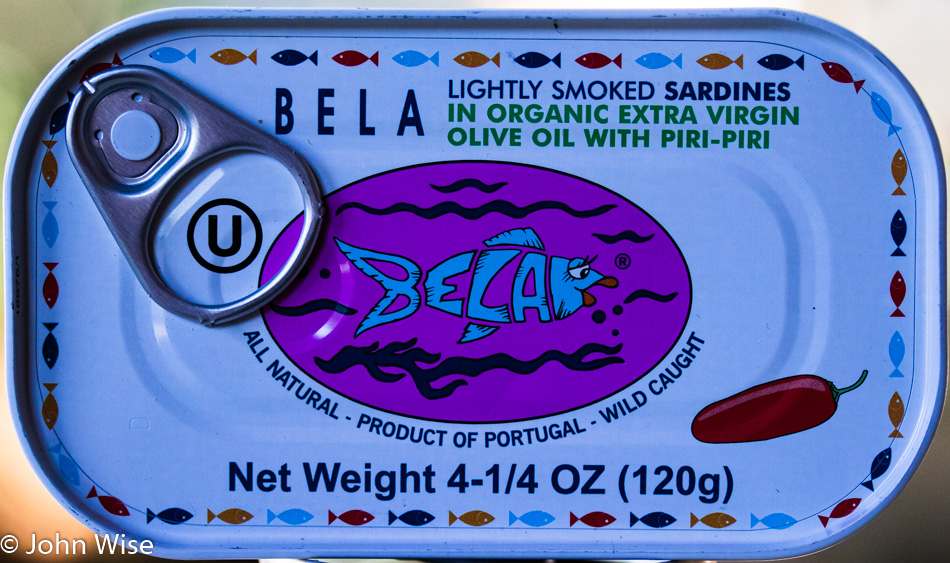
Life in the watery domain, life in the gaseous realm, life within other matter, and then there is our life in the universe of thought. Although imbued with cognitive ability, the majority of our time spent is similar to the wren while looking for morsels to sustain themselves or that of the sardine locked in a giant school.
When and how are we supposed to look within the catalog of what we’ve fed our mind and imagination? Can we excavate a meaningful wealth of articulation that might sustain our most human characteristics? Why do we still relegate this task to such a small cadre to whom we’ve given the titles artist or creator?
As I sit here in the warm breeze of the Sonoran desert, miles away from the city but still close enough to the road to hear cars passing by, I try to ask myself, what is it that drives me to seek out these places of solitude? What do I believe or hope to understand as a lizard scurries by or the faint song of birds in the sparse landscape is heard? What might someone who’s never been here think of if they were to take my place? Would their experience be close enough to my own as to be indistinguishable?
Maybe this line of thinking is a silly exercise similar to wondering what the flavor of strawberry means to the next 100 people I encounter. Somehow, this relegates me to feeling like I’m in a school of fish and I’m asking the other sardines to meaningfully describe how they are perceiving the ocean water surrounding them. But they are fish living instinctually and have not left a sculpture or painting behind that reflects the time they lived in any particular period of their evolution.
The plants are mostly still, and if they do move, it’s imperceptible until a wind kicks up and agitates their solemn meditation of being witness to all that moves around and over them. We people, on the other hand, abhor this vacuum of perceived nothingness. More often than not, we bring along our frenetic chaos of noise, which has come to represent purpose while warding off isolation so that we might tolerate a place in which we would otherwise be alone.
We drag this construct, learned by an ever-present television or smartphone, into every inch of our lives. In our cars, we must have music, a podcast, or a talk show that figuratively allows us to remain with others. While on the trail, river, ocean, or almost any other pathway where precious quiet might be appreciated, we plug in our earbuds and bring the tools that absolve our minds from having a conversation with ourselves.
It’s not uncommon in my encounters with the baking flora of this environment to enter into a nearly symbiotic relationship with the grass, the cactus, or a small bush, in which I experience about the same amount of movement and an equal bit of communication. I’m an immovable fixture in the landscape, a witness to a world where reality is slow to change. But then, in an instant, I’ll be thrust back into the maelstrom of my artificial reality, where I’ll reluctantly surrender solitude for the existence I’m most familiar with being a sardine.
And like the sardine lost in a vast school stretching 7 kilometers before me and nearly a kilometer on either side of me, I swim in the shit left by the sardines ahead of me, blind to my many neighbors soiling the environment. As people, we move along, never questioning how our fogged minds resemble the feces-laden water through which sardines follow each other. Such is the school that values social cohesion more than individuality.